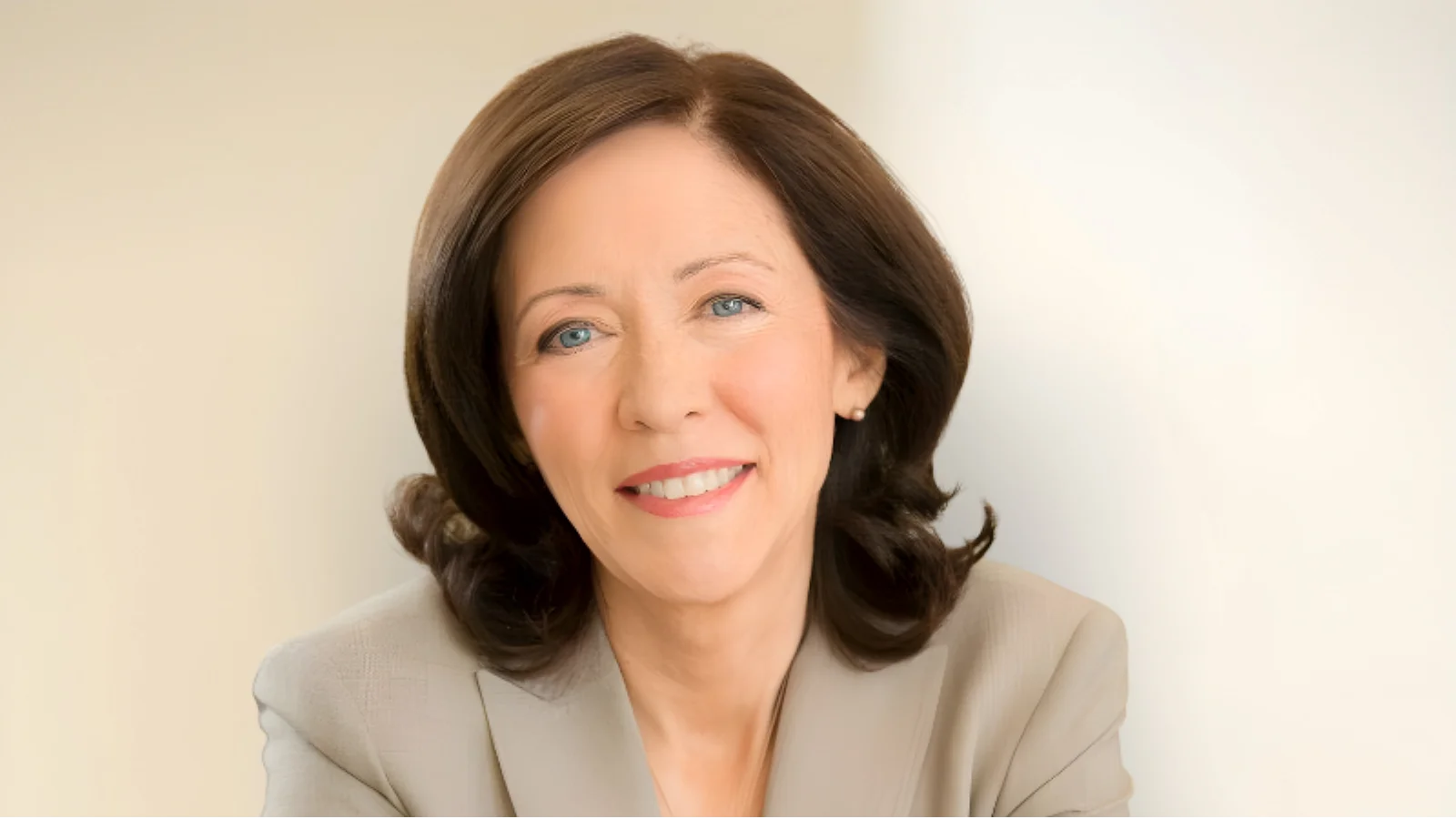U.S. Senators Maria Cantwell (D-Wash.), Cory Booker (D-N.J.), and Richard Blumenthal (D-Conn.) have introduced the Student Athlete Fairness and Enforcement (SAFE) Act, a bill designed to establish federal rights and protections for college athletes, increase revenue opportunities for all schools, and support women’s and Olympic sports.
The proposed legislation has received support from various organizations representing fans, broadcasters, labor groups, and university leaders. Brian Hess, Executive Director of Sports Fans Coalition, said: “Sports Fans Coalition applauds Senator Cantwell for introducing a college sports bill that protects both fans and athletes. For too long, the professional leagues have weaponized the Sports Broadcasting Act’s antitrust exemption against fans. The Student Athlete Fairness and Enforcement Act flips the script. It ensures local fans can always watch their teams for free, while ensuring continued investment in women’s and non-revenue generating sports, so there’s even more to cheer for. We look forward to working with Senator Cantwell and the Committee to keep fan and athlete rights at the heart of this legislation.”
Jody Calemine of AFL-CIO commented: “We are grateful for Senator Cantwell’s strong and thoughtful leadership on NIL issues. Unlike other approaches that simply copy and paste the wishlists of powerful, big-money interests in this multibillion dollar industry, her bill demonstrates her commitment to making sure the voices and interests of athletes -- whose labor and dedication make this show happen -- are brought to bear. We look forward to working with her and our players’ unions on this important legislation.”
Curtis LeGeyt, President and CEO of National Association of Broadcasters (NAB), stated: “NAB thanks Senator Cantwell for her leadership on this important legislation. The availability of college sports on free, local broadcast outlets strengthens the unique connection between universities, their communities and the student athletes who inspire them. At a time when Big Tech is locking more content behind costly paywalls, this bill will ensure that games remain accessible to the widest possible audience through broadcast television. We look forward to working with the Committee and other policymakers as this legislation advances.”
Morgan Murphy Media added: “Morgan Murphy Media would like to thank Senator Maria Cantwell for her leadership on the important legislation bringing college sports to fans for free. For 135 years, we’ve been a family-owned, local media company and broadcaster committed to public service. Today, we serve the state of Washington and 12 others, and we know how vital these universities are to the fabric of our communities. Broadcast TV reaches all corners of our country for free to the viewer. We continue to believe the public should have free access to the teams, coaches and inspiring athletes instead of the increasing move by Big Tech to acquire rights and lock them behind paywalls. Nothing ties communities together like the love for its local university.”
Cody Campbell from Double Eagle Energy Holdings remarked: “I am a longtime and committed Republican, but College Sports are a non-partisan issue. Regardless of party affiliation, is encouraging to see people standing up for Women’s Sports, Olympic Sports, and smaller school. Other proposed legislation would completely destroy college sports for the sake of greed and control in favor of a small, elite few - namely the big Conference Commissioners and the NCAA. Legislation that isn’t comprehensive and doesn’t preserve the entire system is not acceptable.”
The SAFE Act aims to address several challenges currently facing collegiate athletics after recent changes such as state laws allowing compensation from Name Image Likeness (NIL) deals created inconsistencies across states; Supreme Court decisions like Alston vs NCAA; as well as settlements including Grant House vs NCAA permitting direct compensation up to 22 percent of athletics revenue.
Key provisions include granting federal NIL rights with uniform standards replacing state-level variations; scholarship guarantees; health coverage requirements; safety protocols enforced independently; contract transparency between agents/athletes; endorsement freedoms except during official team activities; whistleblower protections; creation of an Office of Athlete Ombuds at NCAA; collective bargaining powers over media rights similar to major professional leagues via amendments in antitrust law; guaranteed increased revenues used specifically towards scholarships/roster spots in women’s/Olympic/non-revenue sports based on 2023-24 levels.
Additionally: football/basketball games must be available locally without paywalls; streaming platforms not using acquired rights must return them so schools can distribute digital content themselves especially benefiting less-publicized sports; agent regulation includes registration requirements plus caps on fees at five percent alongside penalties against misrepresentation or fraud.
On transfer rules—student-athletes may transfer twice freely or immediately if their sport is discontinued/reduced materially—and NIL collectives must report business information transparently ensuring payments reflect legitimate endorsements rather than disguised salaries.
Enforcement mechanisms allow action by Federal Trade Commission (FTC), state attorneys general or private lawsuits by athletes themselves against violations related either directly or indirectly through bad actor agents or collectives.
Senator Cantwell has previously warned about legislative proposals she argues would further concentrate power among top conferences while increasing financial disparity—a trend highlighted in her recent report documenting widening gaps driven by rising media rights revenues among Power 2 conferences compared with other institutions.









